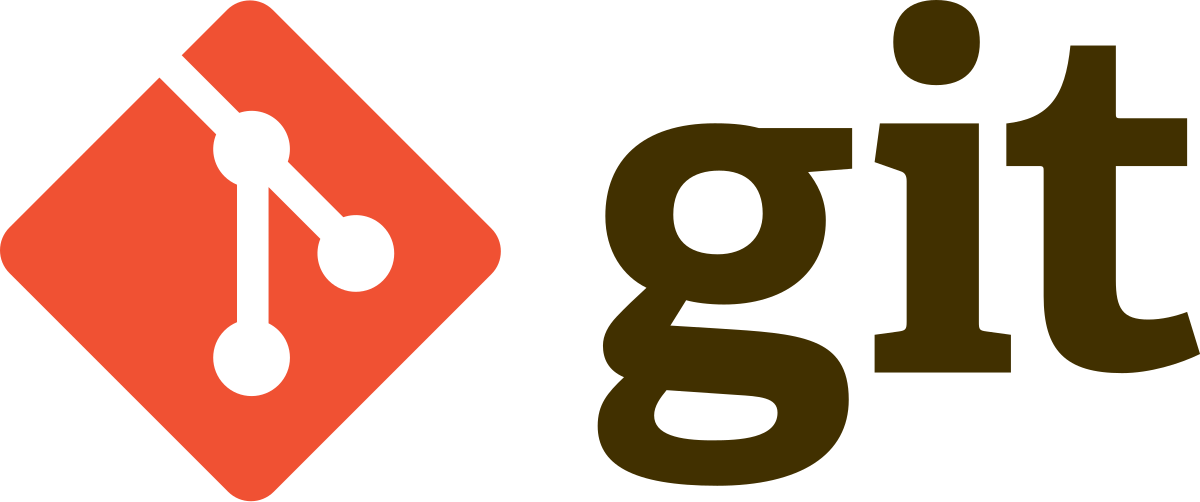A Bit About Git

"Git-logo" by Jason Long - http://git-scm.com/downloads/logos. Licensed under CC BY 3.0 via Wikimedia Commons.
Git is a distributed version control system (DVCS). It is a specific application that handles version control in a specific way with unique commands. The core concepts of version control that were discussed earlier apply to Git, so it enabled version management, branching, merging and creating diffs, among other features.
Git was created in 2005 by Linus Torvalds to support the development of the Linux kernel, which is the core piece of software that powers Linux operating systems. (Linus Torvalds created Linux in 1991.) When Torvalds created Git, he had a few major goals in mind:
- It must be distributed, to allow developers to work anywhere at anytime.
- It must be fast, so that it's not an obstacle to getting work done, and it must be fast with extremely large projects (like Linux).
- It must allow for nonlinear development, with easy branching and merging capabilities, so lots of different people can work on lots of different things at the same time.
- It must be simple: leave it to others to build fancy software on top of a simple, robust core.
These are all the noteworthy qualities of Git. It is the preferred version control system in use today across most of the software industry. It enables large teams to work on large projects and it is flexible enough to support virtually any workflow or process.
Many people use Git via third-party web applications, such as Github or Bitbucket. There are also numerous applications for the desktop that provide a graphical user interface for Git, such as the Github app (for Mac or Windows) or Atlassian's Source Tree. These services are also supported in many other services that can help do things with your software projects (such as building mobile apps for native deployment, or automating a test process).
Extra links for learning about Git
The following links provide more information about Git and it's specific commands. They may come in handy later on when you are attempting to do more complicated things with Git, or whenever curiosity strikes.